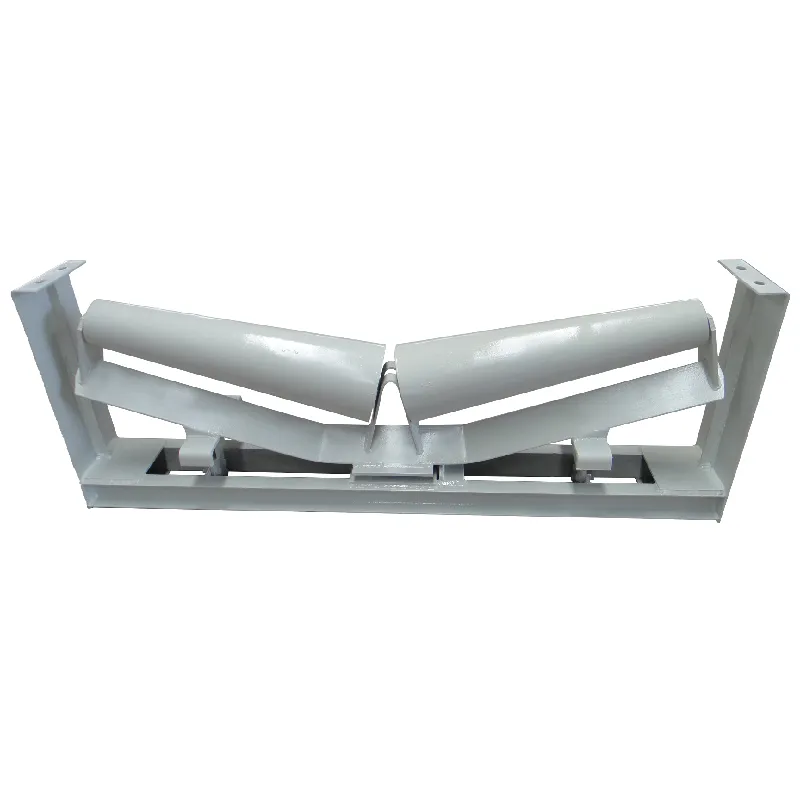 Afrikaans
Afrikaans  Albanian
Albanian  Amharic
Amharic  Arabic
Arabic  Armenian
Armenian  Azerbaijani
Azerbaijani  Basque
Basque  Belarusian
Belarusian  Bengali
Bengali  Bosnian
Bosnian  Bulgarian
Bulgarian  Catalan
Catalan  Cebuano
Cebuano  Corsican
Corsican  Croatian
Croatian  Czech
Czech  Danish
Danish  Dutch
Dutch  English
English  Esperanto
Esperanto  Estonian
Estonian  Finnish
Finnish  French
French  Frisian
Frisian  Galician
Galician  Georgian
Georgian  German
German  Greek
Greek  Gujarati
Gujarati  Haitian Creole
Haitian Creole  hausa
hausa  hawaiian
hawaiian  Hebrew
Hebrew  Hindi
Hindi  Miao
Miao  Hungarian
Hungarian  Icelandic
Icelandic  igbo
igbo  Indonesian
Indonesian  irish
irish  Italian
Italian  Japanese
Japanese  Javanese
Javanese  Kannada
Kannada  kazakh
kazakh  Khmer
Khmer  Rwandese
Rwandese  Korean
Korean  Kurdish
Kurdish  Kyrgyz
Kyrgyz  Lao
Lao  Latin
Latin  Latvian
Latvian  Lithuanian
Lithuanian  Luxembourgish
Luxembourgish  Macedonian
Macedonian  Malgashi
Malgashi  Malay
Malay  Malayalam
Malayalam  Maltese
Maltese  Maori
Maori  Marathi
Marathi  Mongolian
Mongolian  Myanmar
Myanmar  Nepali
Nepali  Norwegian
Norwegian  Norwegian
Norwegian  Occitan
Occitan  Pashto
Pashto  Persian
Persian  Polish
Polish  Portuguese
Portuguese  Punjabi
Punjabi  Romanian
Romanian  Russian
Russian  Samoan
Samoan  Scottish Gaelic
Scottish Gaelic  Serbian
Serbian  Sesotho
Sesotho  Shona
Shona  Sindhi
Sindhi  Sinhala
Sinhala  Slovak
Slovak  Slovenian
Slovenian  Somali
Somali  Spanish
Spanish  Sundanese
Sundanese  Swahili
Swahili  Swedish
Swedish  Tagalog
Tagalog  Tajik
Tajik  Tamil
Tamil  Tatar
Tatar  Telugu
Telugu  Thai
Thai  Turkish
Turkish  Turkmen
Turkmen  Ukrainian
Ukrainian  Urdu
Urdu  Uighur
Uighur  Uzbek
Uzbek  Vietnamese
Vietnamese  Welsh
Welsh  Bantu
Bantu  Yiddish
Yiddish  Yoruba
Yoruba  Zulu
Zulu Durable Plastic Housing Solutions for Efficient Bearing Applications in Various Industries
Understanding Plastic Bearing Housings An Innovative Solution for Modern Applications
In recent years, the demand for lightweight, corrosion-resistant, and cost-effective engineering solutions has led to the increasing popularity of plastic bearing housings. These components, used to support bearings in various machinery and equipment, provide numerous advantages over traditional metal housings. This article aims to explore the features, benefits, applications, and future trends associated with plastic bearing housings.
What are Plastic Bearing Housings?
Plastic bearing housings are enclosures made from high-performance plastics that provide support and protection for rolling element bearings. They are designed to fit various types of bearings, including ball and roller bearings, and can accommodate different shaft sizes. These housings are commonly manufactured from materials such as polyamide, polypropylene, or polycarbonate, each offering distinct properties suited for specific applications.
The Advantages of Plastic Bearing Housings
1. Corrosion Resistance One of the most significant benefits of plastic bearing housings is their resistance to corrosion, making them ideal for use in industries exposed to harsh environments, such as food processing and chemical manufacturing. Unlike metal housings, which can rust or corrode over time, plastic housings maintain their structural integrity and performance in challenging conditions.
2. Weight Reduction Lightweight materials are becoming increasingly essential in various applications, particularly in the automotive and aerospace industries. Plastic bearing housings contribute to overall weight reduction, leading to increased energy efficiency and improved performance of machinery. The lighter components also ease the handling and installation process.
3. Cost-Effectiveness Plastic bearing housings can be more economical compared to their metal counterparts. The lower material cost, combined with simplified manufacturing processes (such as injection molding), results in reduced production expenses. Additionally, the longevity and durability of plastic materials can lead to lower maintenance and replacement costs over time.
4. Design Flexibility Plastic allows for greater design flexibility, enabling manufacturers to create custom shapes and sizes tailored to specific needs. This is particularly advantageous in applications requiring unique configurations or where space is limited.
5. Low Noise and Vibration Plastic bearing housings can effectively dampen noise and vibrations, leading to a quieter operation. This makes them suitable for applications requiring a high level of acoustical performance, such as in electronics or precision machinery.
Applications of Plastic Bearing Housings
plastic bearing housing

Plastic bearing housings are utilized across various industries due to their versatility
. Some common applications include- Consumer Electronics In devices such as printers, hard drives, and computer fans, plastic housings help reduce weight and noise while maintaining reliability.
- Automotive In electric vehicles and various automotive systems, plastic bearing housings contribute to weight savings and resistance to environmental deterioration.
- Food and Beverage The corrosion resistance of plastic makes these housings ideal for applications in food processing where hygiene and cleanliness are paramount.
- Industrial Machinery Plastic bearings are used in conveyor systems, pumps, and wind turbines due to their ability to withstand harsh operating environments.
Future Trends and Innovations
As technology continues to evolve, the development of advanced materials and manufacturing techniques will propel the use of plastic bearing housings even further. Innovations such as 3D printing and the use of composite materials may lead to enhanced performance characteristics and even more efficient production processes.
Additionally, the growing emphasis on sustainability is driving the demand for eco-friendly materials. Manufacturers are actively exploring bio-based plastics and recyclable materials to meet these sustainability goals while providing high-performance solutions.
Conclusion
Plastic bearing housings represent a significant advancement in materials engineering, offering a multitude of advantages that cater to contemporary industrial needs. Their resistance to corrosion, lightweight nature, cost-effectiveness, and design flexibility make them a preferred choice across various sectors. As technology progresses, the potential for further innovations in this field is vast, reflecting an exciting future for plastic bearing housings within the global marketplace.
-
Revolutionizing Conveyor Reliability with Advanced Rubber Lagging PulleysNewsJul.22,2025
-
Powering Precision and Durability with Expert Manufacturers of Conveyor ComponentsNewsJul.22,2025
-
Optimizing Conveyor Systems with Advanced Conveyor AccessoriesNewsJul.22,2025
-
Maximize Conveyor Efficiency with Quality Conveyor Idler PulleysNewsJul.22,2025
-
Future-Proof Your Conveyor System with High-Performance Polyurethane RollerNewsJul.22,2025
-
Driving Efficiency Forward with Quality Idlers and RollersNewsJul.22,2025





























